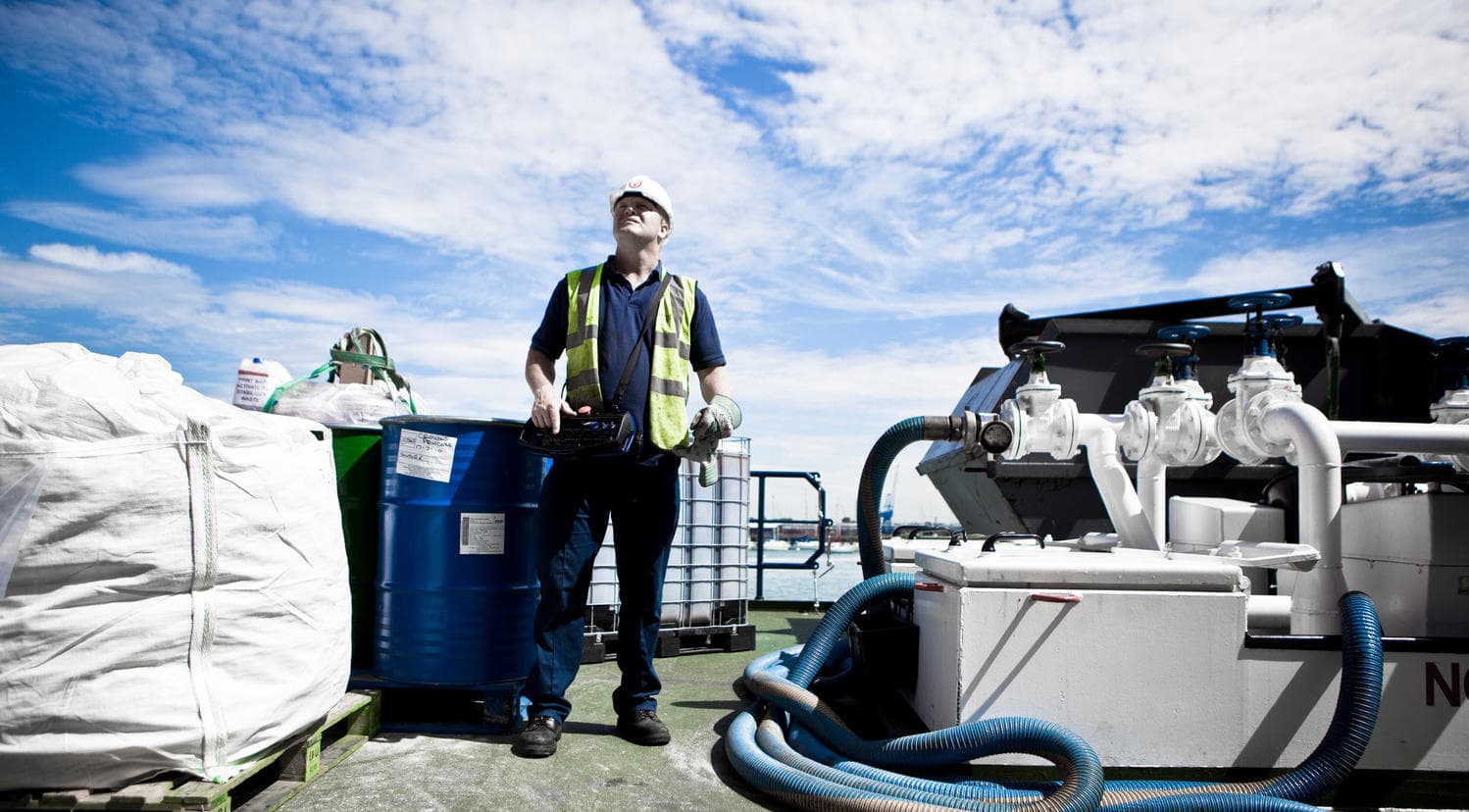As the global push for sustainability and carbon neutrality intensifies, UK businesses are increasingly looking towards renewable energy investments. However, transitioning to renewable energy often requires substantial financial outlay, which can be a barrier for many businesses. Fortunately, there are numerous funding options available to support UK businesses in their renewable energy initiatives. This article explores these funding options in detail, offering insights into how businesses can secure the necessary resources to invest in a sustainable future.
1. Government Grants and Subsidies
Government grants and subsidies are some of the most accessible and beneficial funding options for UK businesses investing in renewable energy. These financial aids are designed to encourage the adoption of green technologies and help businesses overcome the initial cost barriers.
Key Government Programs
- The Renewable Heat Incentive (RHI): This scheme provides financial support to businesses that install renewable heating technologies. Payments are made quarterly over seven years based on the amount of renewable heat generated.
- The Feed-in Tariff (FiT): Although closed to new applications since 2019, businesses already registered continue to receive payments for the electricity they generate and export to the grid.
- The Green Business Fund: Managed by the Carbon Trust, this fund offers SMEs up to £5,000 towards the cost of energy-saving equipment and renewable energy systems.
These grants and subsidies can significantly reduce the financial burden of renewable energy investments, making them more feasible for businesses of all sizes.
2. Green Loans and Financing
Green loans and financing options are specifically tailored to support sustainable and environmentally friendly projects. Many banks and financial institutions in the UK offer green loans with favorable terms to encourage renewable energy investments.
Popular Green Financing Options
- Green Business Loans: Offered by various banks, these loans come with lower interest rates and flexible repayment terms, tailored for renewable energy projects.
- Energy Efficiency Financing: Provided by the Carbon Trust, this financing option helps businesses fund energy-saving projects, including renewable energy installations.
- Leasing and Power Purchase Agreements (PPAs): These agreements allow businesses to lease renewable energy systems or purchase energy at a fixed rate from a third party, reducing upfront costs and spreading payments over time.
Green financing options provide businesses with the flexibility and financial support needed to invest in renewable energy without bearing the full cost upfront.
3. Crowdfunding and Peer-to-Peer Lending
Crowdfunding and peer-to-peer (P2P) lending platforms have emerged as innovative ways for businesses to raise funds for renewable energy projects. These platforms connect businesses directly with investors who are interested in supporting sustainable initiatives.
Leading Crowdfunding Platforms
- Crowdcube: This equity crowdfunding platform allows businesses to raise capital by offering shares to a large number of investors.
- Seedrs: Similar to Crowdcube, Seedrs enables businesses to raise funds by selling equity to investors interested in supporting renewable energy projects.
- Triodos Crowdfunding: Managed by Triodos Bank, this platform specifically focuses on sustainable and socially responsible projects, including renewable energy investments.
Crowdfunding and P2P lending can provide businesses with the necessary capital to invest in renewable energy while also engaging a community of investors committed to sustainability.
4. Venture Capital and Private Equity
For larger renewable energy projects, venture capital (VC) and private equity firms can be valuable sources of funding. These investors typically seek high-growth potential ventures and are willing to provide substantial capital in exchange for equity.
Notable Venture Capital and Private Equity Firms
- Greencoat Capital: Specializes in renewable energy investments, focusing on wind, solar, and bioenergy projects.
- Octopus Ventures: Part of the Octopus Group, this firm invests in renewable energy and cleantech startups with innovative solutions.
- Zouk Capital: A private equity firm that invests in sustainable infrastructure and renewable energy projects across Europe.
Securing funding from VC and private equity firms can provide the financial resources needed for large-scale renewable energy projects, along with strategic support and industry expertise.
5. Corporate Green Bonds
Green bonds are debt instruments issued by companies to raise capital specifically for environmental and sustainable projects. These bonds are an effective way for businesses to attract socially responsible investors and finance their renewable energy initiatives
Benefits of Green Bonds
- Attracting ESG Investors: Green bonds appeal to investors who prioritize environmental, social, and governance (ESG) criteria in their investment decisions.
- Favorable Terms: Green bonds often come with lower interest rates and longer maturities compared to traditional bonds.
- Brand Reputation: Issuing green bonds can enhance a company’s reputation and demonstrate its commitment to sustainability.
Corporate green bonds are a powerful tool for businesses seeking to raise large sums of capital for renewable energy projects while aligning with sustainable investment principles.
6. Energy Performance Contracts (EPCs)
Energy Performance Contracts (EPCs) are agreements between a business and an energy service company (ESCO) that cover the cost of renewable energy installations and improvements. The ESCO designs, finances, and installs the energy systems, with the business repaying the costs through the savings achieved from reduced energy bills.
Advantages of EPCs
- No Upfront Costs: Businesses can implement renewable energy projects without initial capital expenditure.
- Guaranteed Savings: The ESCO guarantees a certain level of energy savings, reducing financial risk for the business.
- Comprehensive Solutions: EPCs often include ongoing maintenance and performance monitoring to ensure optimal efficiency.
EPCs offer a practical solution for businesses looking to improve their energy efficiency and invest in renewable energy without significant upfront investment.
Conclusion
Investing in renewable energy is crucial for UK businesses looking to reduce their carbon footprint, comply with regulations, and achieve long-term sustainability. Various funding options, including government grants, green loans, crowdfunding, venture capital, green bonds, EPCs, and RECs, provide the financial support needed to make these investments feasible. By exploring these funding options, businesses can find the right solution to meet their renewable energy goals and future-proof their operations.
CQuel Decarbonisation Solutions offers valuable insights and guidance for UK businesses navigating the complex landscape of renewable energy finance. Utilizing resources like CQuel UK Business Guides can further enhance your understanding and application of these funding options, ensuring successful and sustainable energy projects.
FAQs
1. What are the main benefits of using green bonds to finance renewable energy projects?
Green bonds offer several benefits, including attracting a wide range of investors interested in sustainable projects, enhancing the company’s reputation, and potentially offering lower interest rates due to the growing demand for environmentally responsible investments.
2. How can small businesses access government grants for renewable energy?
Small businesses can access government grants by researching available programs such as the Renewable Heat Incentive (RHI) and Contracts for Difference (CfD). Additionally, they can seek assistance from Renewable Energy Finance for UK Business, which provides tailored financial solutions and guidance.
3. What is the role of CQuel Decarbonisation Solutions in supporting businesses investing in renewable energy?
CQuel Decarbonisation Solutions plays a crucial role by offering expert advice and comprehensive services to help businesses achieve their decarbonization goals. This includes assessing energy needs, identifying suitable renewable energy technologies, and assisting in securing funding and implementing projects effectively.















